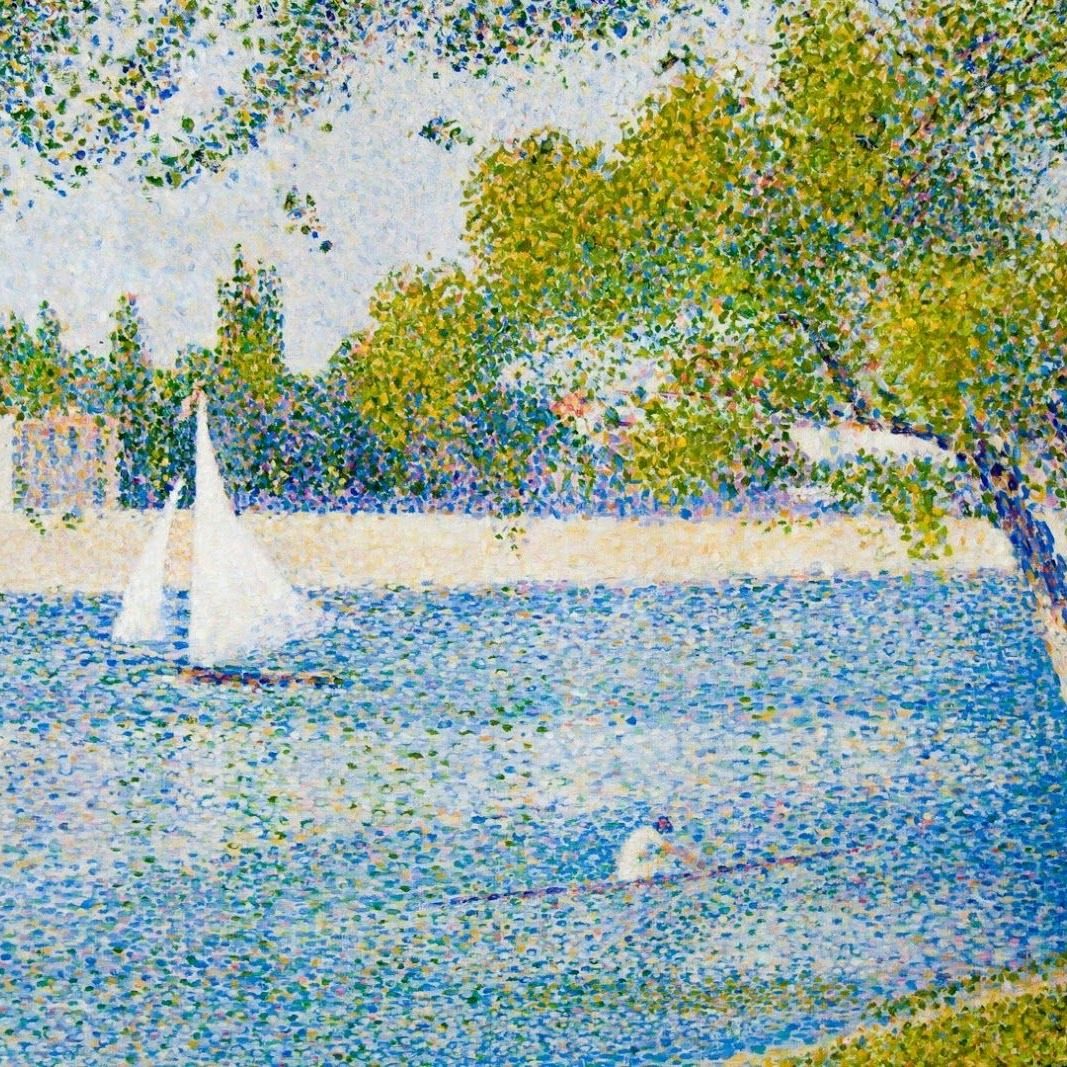Is continuous space an illusion?
Creating discrete models of space and spacetime that appear continuous over long lengths and set the stage for non-continuum physics.
Is space a continuum or is it composed of a discrete set of points? Once a purely philosophical question, there is now a pressing need to describe space and space-time as discretized in order to resolve quantum gravity. Yet despite sophisticated attempts at discretizing space, researchers have failed to construct even the simplest geometries.
In this project we investigate models of discrete space in which continuum-like behavior is recovered at large lengths. We show that if space is discrete, it must be disordered, and develop explicit recipes for growing disordered discrete space by sampling distributions of graphs at low temperature. We also pursue graph formulations of non-Euclidean metrics, especially the Minkowski metric from special relativity.
Models of discrete space and space-time could have profound implications for physics. They may tame the infinities that arise from quantizing gravity, and dispense with the machinery of the real numbers, which has no direct observational support. They also set the stage for digital physics, in which information takes centre stage in describing the universe.
















Papers in this project
Geometry of discrete space
A phase transition creates the geometry of the continuum from discrete space, but it needs disorder if it is to have the right metric.